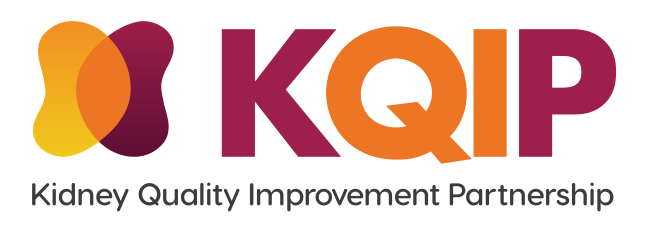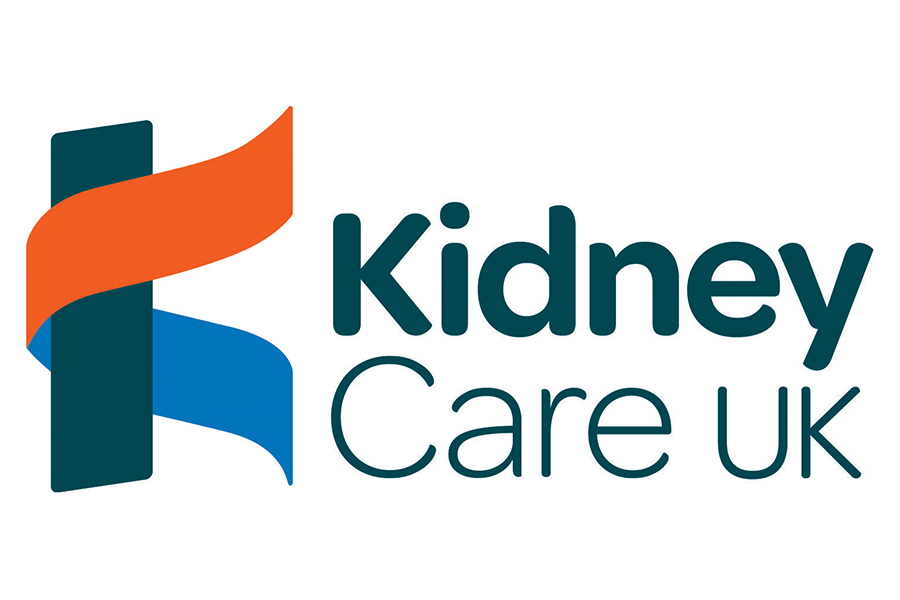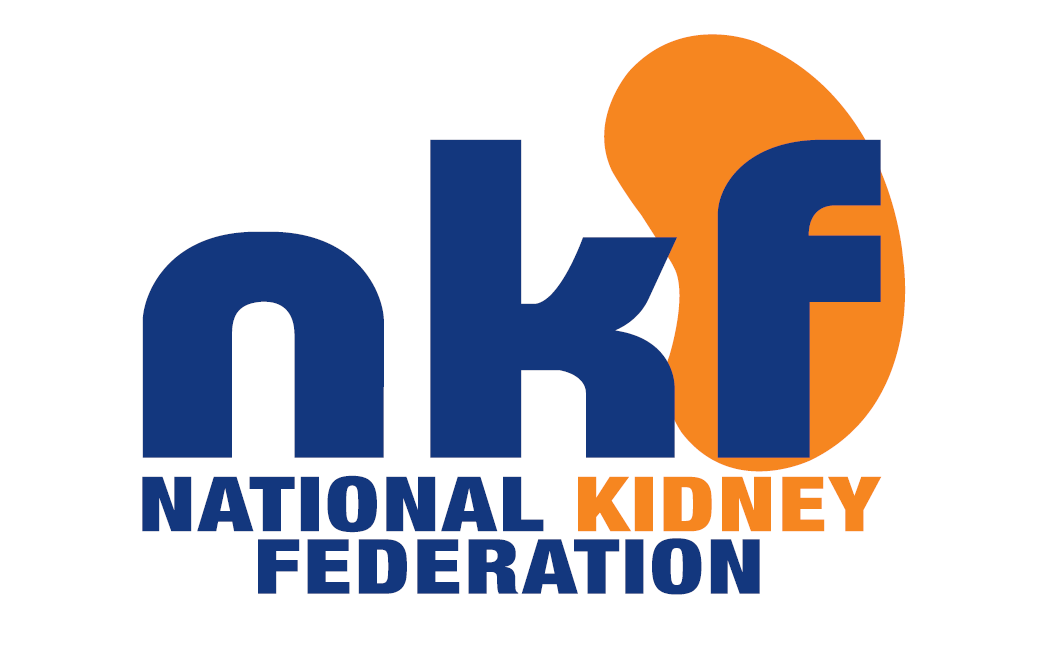Creating robust home dialysis education for staff and patients
The Shrewsbury and Telford Hospital NHS Trust
Quality Improvement leads: Elaine Gibson, Agnes Daragos, Julie Oliver, Sunita Nair
Aim: To increase the uptake of home dialysis amongst our CKD population and to make all staff in the renal unit aware of home dialysis
Introduction
We started by getting together a team of eight people to work on the project together. Two of us attended the KQuIP leadership training and agreed to lead the project locally.
We decided collectively that our first priority was for education to be extended to more patients and staff.
Patient education
There’s been patient education at Shrewsbury for years. This has involved seminars within the hospital setting where patients and their families receive a talk about CKD, its management and various options of renal replacement therapy. What we have done over the past few years, is work to make our education pathway more robust, adding in regular sessions for the patients across all renal units, and more opportunities for them to come and see what their options look like in practice. We also ran four staff awareness sessions throughout the KQuIP project for all members of renal staff.
Our current patient education pathway
What we’ve learnt
We have come to realise that the whole of this patient education pathway is really important. Each patient needs to follow every step. If someone comes straight into the home therapies fayre, it can be very overwhelming - we have experienced patients fainting and crying. They need to be at a point where they have a good base knowledge of what dialysis is all about before attending.
The team are constantly assessing where each person and their family are along this pathway and what they are ready for. We have to balance that with the best use of nursing time, however a home visit for initial education is really important because the patient is in their own environment, often more relaxed and able to take in what you are discussing.
Sometimes even though a person has been going to clinic for a number of months and talking about dialysis, the penny might not have dropped. A home visit can enable you to break through and deliver that first message. After this, you can build on that message and offer more contact if needed – either through telephone calls or other means – until they are ready to come into a group setting and receive more information about their options.
If somebody is heading for a home therapy, we often add additional home visits to do an assessment of the home environment, where the machines are going to go etc. If they have chosen in-centre HD or are going to be transplanted we would not keep returning to their home.
Staff education
A really important part of successful home therapy education is that the people giving the education have a good knowledge of all the home therapies. The patients’ fear can be huge at that stage, and if the educator hasn’t got experience, they are not going to be able to allay that person’s fears and give them the confidence and support they need.
You need the staff to be driving it and to have the confidence to respond to the barriers or problems the patient brings, with solutions and tools to manage those barriers. By dealing with the challenges there and then, you can empower the patient and help them to realise that a home dialysis therapy is an option for them.
Not all members of the renal unit and staff know much or even anything about PD or home HD. Often members of the team are recruited from outside and work just in the in-centre renal unit, perhaps not having any experience anywhere else. We have started to build in time with the PD and home HD teams during staff training, however it is not always possible meaning some staff complete their training without that experience.
Our aim for the staff education was to make all staff in the renal unit aware of home therapies – what PD and home HD is – and to encourage them to promote it.
We have delivered four sessions so far, but have not managed to capture everybody– we are not getting the technicians for example, who don’t have regular training days, but are with the patients on the units day in day out, and are in a really good position to be able to talk to the patients about other options.
Early outcome data from our staff education sessions
Infrastructure
Another really important factor of success for our home programmes was that we now have a home HD team with adequate staff that we did not have before thanks to our successful business case.
We also did not have a CKD team, so the CKD education was delivered by the PD team. The team did have a good knowledge of home therapies and were therefore able to give good education about PD, however they were limited by resource and could only reach a certain number of patients. The team was only able to take referrals of eGFR 18 or below. We all knew this was too late to start educating people.
After a successful business case we now have a CKD team that has branched away from the PD team. They are taking referrals of patients with eGFR between 20-25, enabling a lot more support and education to be offered to patients.
The impact of our successful Home HD business case
The future
COVID has side swiped a lot of our education sessions but our plan is to create an online information resource including film clips to allow patients to see therapies and this work is ongoing. The CKD team are utilising Attend Anywhere to be able to do their education sessions individually with patients. We are moving on and adapting.
Want to know more? Get in touch with the QI team
Julie Oliver, Chronic Kidney Care Nurse Lead



